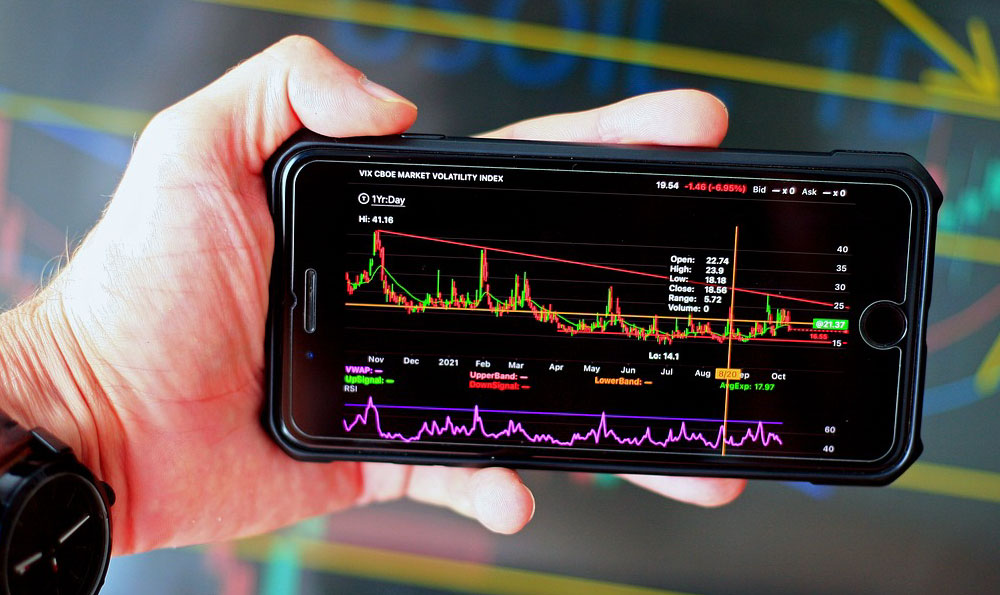Selling plasma, also known as plasmapheresis, is a process where blood plasma is extracted from your blood, and the red blood cells are returned to your body. While it might seem like a quick and easy way to earn some extra cash, the actual amount you can make and the overall worth of the endeavor are multifaceted questions with several factors at play.
Let's address the earning potential first. The amount you can make selling plasma varies significantly based on several criteria. One of the most important is location. Plasma donation centers in areas with a higher cost of living or greater demand for plasma tend to offer higher compensation rates. Donation center chains also have varying pay scales, and these rates are often subject to change based on promotional offers or specific needs for certain blood types.
Generally, you can expect to earn anywhere from $20 to $50 per donation during your initial donation period, and between $30 and $75 for subsequent donations. It's important to note that many centers impose limits on donation frequency, often allowing donations only twice per week with at least one day separating each donation. Over the course of a month, consistently donating twice a week could potentially net you anywhere from $240 to $600, depending on the center's pay structure and any bonus programs they might offer. Some centers offer loyalty bonuses, referral programs, or increased compensation for meeting certain milestones, so it's worth exploring the different options available in your area to maximize your earnings.

However, it's crucial to understand that these earnings aren't guaranteed. They are contingent upon your eligibility to donate, which is determined by a screening process that includes a medical history review, a physical examination, and blood tests. Factors that can disqualify you from donating include certain medical conditions, recent tattoos or piercings, travel to specific regions, and certain medications. You'll also be deferred if you have low iron levels, which is common among frequent donors.
Beyond the direct monetary compensation, consider the "worth" of selling plasma from a broader perspective. This involves weighing the financial benefits against the potential drawbacks and considering the overall impact on your well-being. One significant aspect is the time commitment. Each donation session typically takes between one to two hours, including the initial screening, the actual plasma extraction process, and the post-donation observation period. This time commitment can be substantial, especially if you have other obligations such as work, school, or family responsibilities. You need to factor in the travel time to and from the donation center as well. Therefore, it's essential to consider whether the hourly rate you're effectively earning is worth your time, particularly compared to other potential earning opportunities.
Another critical factor to consider is the potential impact on your health. While plasma donation is generally considered safe when performed under proper medical supervision, it's not without risks. Common side effects include dehydration, fatigue, bruising or pain at the injection site, dizziness, and lightheadedness. In rare cases, more serious complications such as infection or allergic reactions can occur.
Dehydration is a very common issue, as plasma is largely composed of water. That's why donors are encouraged to drink plenty of fluids before and after each donation. You should also ensure you are eating a balanced diet rich in iron and protein to support your body's recovery and prevent iron deficiency, which can lead to anemia. Ignoring these precautions can increase the risk of experiencing adverse effects and ultimately reduce the overall value proposition of plasma donation.
Furthermore, consider the ethical implications of selling plasma. While it can provide a valuable source of income for individuals in need, it's important to acknowledge that the plasma industry is driven by a commercial interest. The plasma collected is used to manufacture life-saving medications for patients with various medical conditions, such as immune deficiencies, bleeding disorders, and burns. This raises questions about the commodification of human blood and the potential exploitation of vulnerable populations who may be more likely to rely on plasma donation as a source of income.
Ultimately, the decision of whether or not to sell plasma is a personal one that depends on your individual circumstances, priorities, and values. If you're in a situation where you need extra income and you're willing to dedicate the time and effort required, it can be a viable option. However, it's essential to do your research, understand the risks involved, and weigh the financial benefits against the potential impact on your health and well-being. Before you start donating, it’s highly recommended to thoroughly read the donation center’s guidelines and discuss any concerns with your doctor. Only then can you make an informed decision about whether selling plasma is a worthwhile endeavor for you. It is not a get rich quick scheme, it requires dedication, consistency, and a genuine understanding of the process. Treat it with respect, and prioritize your health above all else.












